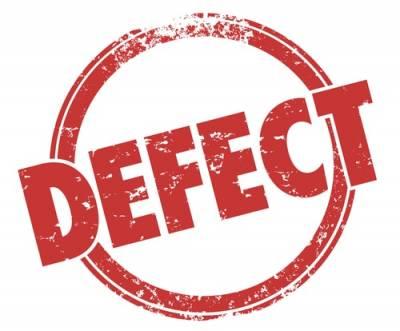
Consumers Have the Right to Expect Reasonably Safe Products
Before the CPSA, defects were extremely common. Some products were so dangerous, they put millions of people at risk of death or serious injury. There were toasters that would catch fire, even if not in use, and burn down homes. There were toys that caused strangulation and contained lead paint, which compromised the health and safety of young children. Essentially, consumers never knew what they were buying, or if it would pose a risk to themselves or their family members. It was this problematic situation that led to the enactment of the CPSA.
Now consumers have a right to expect that the items they purchase – toys, household appliances, and even food – are reasonably safe for use and consumption. True, some products are dangerous in nature, but there is still an expectation that the products will not be unreasonably so. Take chainsaws, for example. While most consumers recognize that using a chainsaw carries risk, they still have a right to expect that the saw will not start running on its own, which would place them at an unnecessarily high risk for injury. Further, any potential hazards or risks must be clearly visible to the consumer, either on the product’s packaging, through a warning tag, or on the product itself.
Manufacturers Are Required to Notify When Defects Arise
If a defect that could place the health or safety of consumers at risk does occur, manufacturers are required to notify the Consumer Product Safety Commission (CPSC). Manufacturers must also notify the CPSC if their product was potentially involved in the death or serious injury of a consumer. Failure to meet these requirements can result in additional penalties for the manufacturer, and may also increase the chances of a substantial compensation award for the injured or fatally wounded victim. Unfortunately, holding these multi-million dollar companies accountable is no easy task; they have teams of attorneys and can bury information that points to fault. As such, it is highly suggested that victims seek legal assistance when filing a defective product claim.
Contact Our Appleton Defective Product Lawyers
At Herrling Clark Law Firm, Ltd., we fight for the rights and best interests of victims. Undeterred by teams of attorneys and backed by decades of experience, we aggressively pursue the most favorable outcome in every case. Ask how our Appleton defective product lawyers can assist with your situation. Call 920-739-7366 and schedule your free consultation today.
Sources:
https://www.cpsc.gov/business–manufacturing/recall-guidance/duty-to-report-to-the-cpsc-your-rights-and-responsibilities/
https://www.cpsc.gov/regulations-laws–standards/statutes


